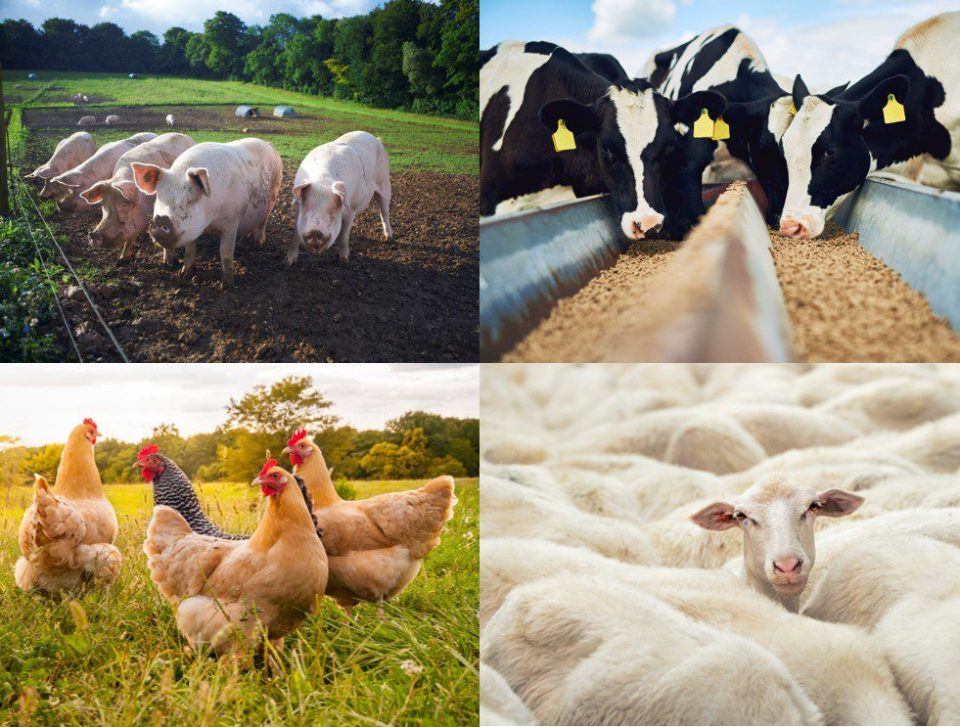Dr. Ernest Umakhihe, the Permanent Secretary of the Federal Ministry of Agriculture and Food Security has unveiled the Federal Government’s plans for a National Animal Feed Policy Document.
This was revealed during the Resilient African Feed and Fodder Systems (RAFFS) Project inception forum organized by the African Union Inter African Bureau for Animal Resources in Abuja.
Speaking through the Director of Special Duties, Mrs. Fausat Lawal, Umakhile affirmed the government’s interest in promoting more advanced methods to produce animal feeds and address the problems faced by the sector, stating that the nation’s food security must be urgently improved upon as a result of the COVID-19 pandemic as well as vulnerability to natural disasters.
According to him, the high cost of animal feed has led to an increase in the prices of food products.
Dr. Umakhihe stated that the establishment of the Resilient African Feed and Fodder Systems (RAFFS) Project inception workshop was an important step towards promoting food security and identifying fodder opportunities to support farmers.
Remarking, Dr Huyam Salih, Director of the African Union InterAfrican Bureau for Animal Resources (AU-IBAR) lamented the regrettable state of Nigeria and the entire African continent being largely dependent on global importation of livestock products with an annual import bill of $4 billion which was barely enough.
Represented by Dr. Sarah Ashanut Ossiya, the RAFFS Project Officer highlighted the loss of over $2 billion worth of livestock due to a recent drought in Africa.
According to her, “This is equivalent to about twice the total food import budget for Kenya (which according to KNBS stood at 1.2 billion USD in 2022) or thrice the export value of coffee from Uganda, Africa’s largest coffee exporter, which earned 876 million USD in 2022 (Food Business Africa).
“There were also huge losses for downstream processing and retailing businesses, many unable to service loans closed business.“
She further noted that in the West and Central African regions, unarticulated feed and fodder sectors could lead to competition for limited feed resources, which would cause conflicts between livestock breeders and crop farmers and most likely escalate into tribal and religious clashes.

